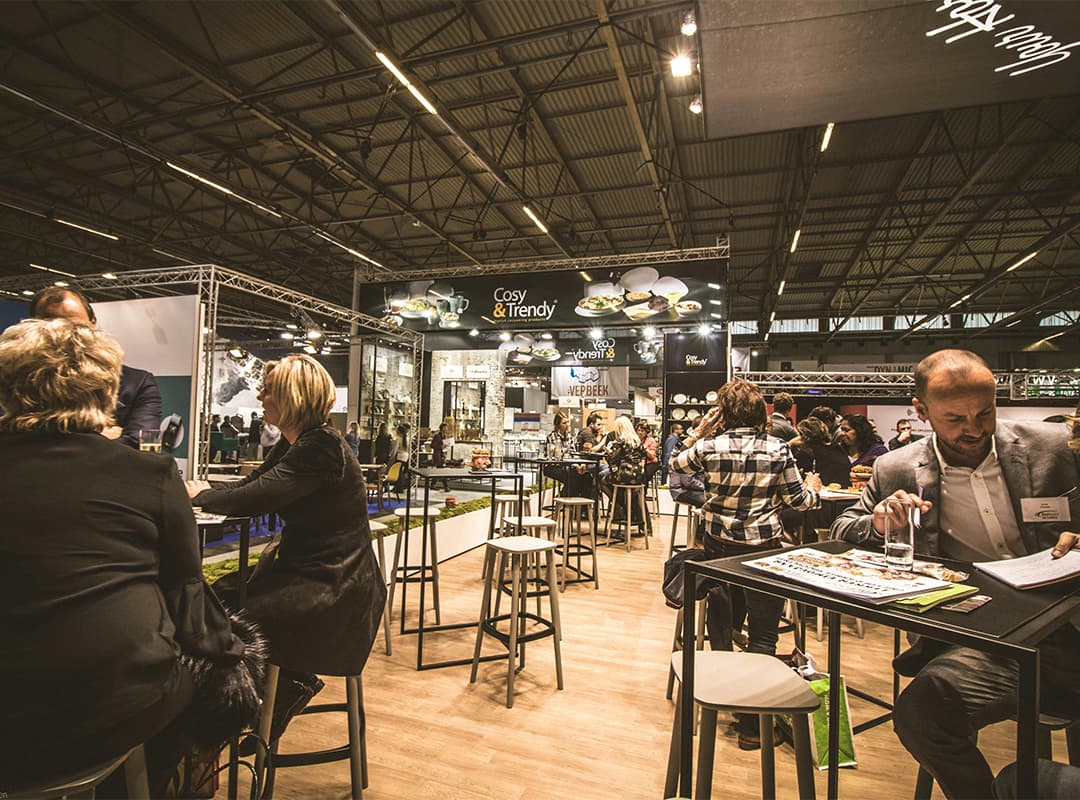Today, companies are actively looking for ways to motivate employees: some are attracted by bonuses, others by bonuses in the form of equipment or gift certificates. But practice shows that incentives in the form of travel are much more effective. It is not just a reward for success, but a special tool that combines emotional impact, social relevance and long-term effect.
Let’s take a look at why travel and experiences remain the strongest incentive for employees and partners.
The magic of impressions: the power of emotions vs. material gifts
Money is a universal reward, but the problem is that it quickly dissolves in everyday expenses. A person receives a bonus, pays the utility bills or buys something practical – and a week later he won’t even remember why he received that sum of money. The emotional trace disappears almost instantly.
Traveling is another matter. A trip to a new country or even a short weekend in an unusual place forms a chain of emotions: from expectation and preparation to the travel process itself and the memories afterwards.
- An employee who has had the opportunity to fly to Italy remembers it for years: photos, new acquaintances, unusual food, the atmosphere of the streets.
- Even a short business trip or vacation to another city is perceived as an event that cannot be forgotten.
Psychologists point out that it is intangible rewards, which involve emotions and impressions, that form a person’s long-term attachment to a company. This is more powerful than any money.
Visible success: status, recognition and the power of social media
In today’s world, a reward is not only a personal satisfaction but also a status symbol. Travel as a bonus is a sign that the company cares not only about the result, but also about the contribution of a particular person.
In addition, the trip is almost always accompanied by publicity:
- People share photos on social media.
- Colleagues discuss where this or that employee has gone.
- Management uses such rewards as an example to motivate others.
Unlike a monetary bonus, which is difficult to show to others, a trip becomes a social event. This is an important psychological factor: everyone wants to be recognized not only by the boss, but also by the team.
Such a bonus turns into a success story. If someone went to Paris for their performance, it becomes a topic of discussion and inspires other employees to do better and earn a similar reward.
Shared experience: strengthening bonds and team spirit
When a company organizes joint trips, it automatically becomes a team building tool. Traveling together takes people out of the office routine and creates new points of contact.
Why it matters.
- In the office, employees communicate within a working framework, where everything is limited by tasks and deadlines.
- In an informal setting, they reveal themselves as individuals and become closer to each other.
- Shared experiences form a corporate culture where relationships are built not only on responsibilities, but also on trust.
For example, if a team travels together to the mountains or visits a historic city, it becomes a collective memory. When they return to work, such stories reinforce the sense of “we” and help them work more cohesively.

Emotions that cannot be bought
Impressions are valued more than things because they become part of a person’s identity. No one will remember what smartphone they bought five years ago, but a trip to the sea or a dinner in an ancient castle will remain in their memory forever.
Motivation through traveling works precisely because one gets a unique experience that is not available in ordinary life.
- Someone will try scuba diving for the first time.
- Another will find himself in a country where he himself would never have dared to go.
- A third will fulfill a dream of seeing the Eiffel Tower or Niagara Falls.
These moments become a story that is shared with friends and family. And every time an employee remembers the trip, he or she will associate it with the company that gave the opportunity.
Thus, traveling is not just a bonus, but an emotional investment in a person.
Reboot and new energy
Working in today’s world is often associated with high levels of stress. Fatigue and emotional burnout are among the main problems of office workers. That’s why a bonus in the form of a trip also carries an element of recovery.
Travel allows:
- To release the tension that has built up. Vacationing in a new environment helps to relieve stress accumulated during work tasks and restore inner balance.
- Get a change of scenery and a fresh outlook on life. New places and experiences stimulate the imagination and open up new perspectives that are hard to see in the routine.
- Return to work with new energy and ideas. After the trip, employees feel energized and ready to offer out-of-the-box solutions, which directly increases team productivity.
For example, an employee who returns from a week-long trip to Spain comes to the office not only rested but also inspired: new impressions stimulate creativity and productivity.
For the employer, this is a double benefit: a motivated and energized employee brings more value to the company than a tired and burned-out one, even if he or she has received a cash bonus.
An investment that pays off
Some executives have doubts: is it worth spending the corporate budget on travel when you can just give out bonuses? But practice shows that such investments are returned many times over.
Why is it profitable?
- Increased loyalty. People stay longer with a company that values their labor and cares about their emotions.
- Productivity. Rested and motivated employees work harder.
- Employer image. A company that encourages employees to travel is perceived as an attractive place to work.
- Word of mouth. People tell their friends and acquaintances about such bonuses, building a positive brand image.
HR research shows that travel incentive programs can yield an ROI of up to 4:1. That is, every unit of budget invested is returned in the form of increased productivity and reduced employee turnover.



